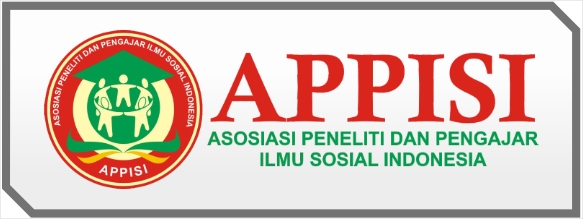Improving Students' English Language Skills Through Listening to English-Language Podcasts
Keywords:
English Language Skills, Podcast, Audio Media, Innovative Learning, ListeningAbstract
Various dynamic approaches have emerged due to advances in computer technology in supporting language learning skills. One innovative method in English language learning is the use of audio media such as podcasts. Podcasting is one of the latest tools employed by educators to deliver educational content and promote learning beyond the classroom. This study aims to describe the influence of listening to English-language podcasts on improving students' English language skills, particularly in the aspects of listening, vocabulary acquisition, and pronunciation. The research method employed is a literature review with a descriptive qualitative approach. The findings indicate that podcasts can serve as an effective, flexible learning medium capable of stimulating English language skills holistically. It is hoped that the results of this study can serve as a foundation for the development of digital media-based learning strategies.
References
Al-Asmahi, M. I., Novrianti, N., Zuliarni, Z., & Maiziani, F. (2022). Pengembangan Desain Pesan Podcast Sebagai Media Pembelajaran Bahasa Inggris. Jurnal Literasi Digital, 2(2), 85–95.
Anggraini, A., & Faisal, F. (2024). The Use of Artificial Intelligence Based Technology in English Language Teaching. Golden Ratio of Data in Summary, 4(2), 950–957.
Brown, H. D. (2004). Language assessment: Principles and classroom practices. Perason Education.
Chan, A. Y. W. (2012). The use of a monolingual dictionary for meaning determination by advanced Cantonese ESL learners in Hong Kong. Applied Linguistics, 33(2), 115–140.
Chan, W. M. (2014). Video podcasting as a supplementary language learning tool–A study of its use, student access and perceptions. Electronic Journal of Foreign Language Teaching, 11(1), 183–206.
Creswell, J. W., & Poth, C. (2018). Qualitative inquiry & research design (5th ed.). SAGE Publications Inc.
Ducate, L., & Lomicka, L. (2009). Podcasting: An effective tool for honing language students’ pronunciation? Language Learning & Technology, 13(3), 66.
Harmer, J. (2007). The practice of English language teaching (Fourth Edi). UK: Pearson Education Ltd.
Hasan, M. M., & Hoon, T. B. (2013). Podcast applications in language learning: A review of recent studies. English Language Teaching, 6(2), 128–135.
Kemendikbudristek. (2022). Pengantar Implementasi Kurikulum Merdeka. https://paudpedia.kemdikbud.go.id/download/2022/ikm/sosialisasi/Materi1_PengantarIKM.pdf
Krippendorff, K. (2018). Content analysis: An introduction to its methodology. Sage publications.
McBride, K. A. (2007). The effect of rate of speech and CALL design features on EFL listening comprehension and strategy use. The University of Arizona.
Moleong, L. J. (2021). Metodologi penelitian kualitatif. PT Remaja Rosdakarya.
O’brien, A., & Hegelheimer, V. (2007). Integrating CALL into the classroom: The role of podcasting in an ESL listening strategies course. ReCALL, 19(2), 162–180.
OECD. (2019). PISA 2018 results (Volume I): What students know and can do. https://doi.org/https://doi.org/10.1787/5f07c754-en
Panagiotidis, P. (2021). Podcasts in Language Learning. Research Review and Future Perspectives. EDULEARN21 Proceedings, 10708–10717.
Rosell-Aguilar, F. (2007). Top of the pods—In search of a podcasting “podagogy” for language learning. Computer Assisted Language Learning, 20(5), 471–492.
Stanley, G. (2006). Podcasting: Audio on the Internet comes of age. TESL-EJ, 9(4), 1–7.
Vandergrift, L. (2007). Recent developments in second and foreign language listening comprehension research. Language Teaching, 40(3), 191–210.
Zed, M. (2008). Metode penelitian kepustakaan. Yayasan Pustaka Obor Indonesia.






















